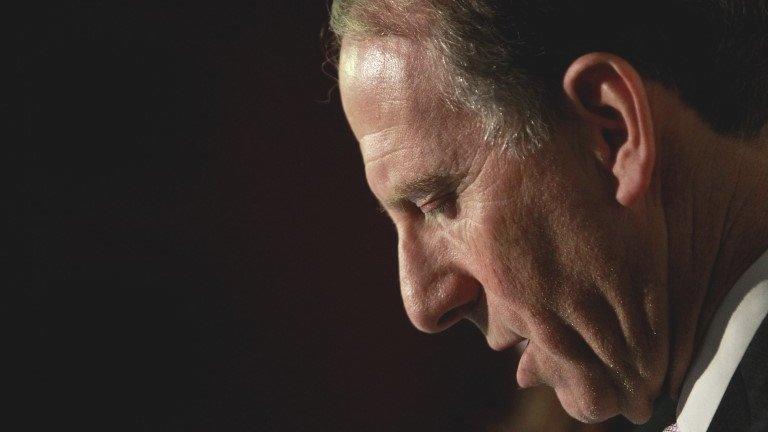NI talks: David Cameron says people want politicians to deliver
- Published
David Cameron and Enda Kenny gave brief statements before entering the talks
The people of Northern Ireland want to see their politicians deliver, the prime minister has said.
David Cameron said he was "always an optimist" and remained so as he prepared to join cross-party talks at Stormont House in Belfast.
He and Irish Prime Minister Enda Kenny are hoping to secure agreement in the talks concerning disputes on flags, parades, the past and welfare reform.
Mr Cameron said he hoped an agreement could be reached.
Speaking before he went into the talks on Thursday afternoon, Mr Cameron said: "I think everyone in Northern Ireland wants the same thing; an economy that grows; politics that work and a society that gets stronger."
The prime minister said "huge progress" had been made in recent years.
But he said politicians had to show that they could resolve the issues.
"The people outside that room - they are the people who matter and they want to see their politicians deliver," he said.
"I hope agreement can be reached and that is why I am here today."
'Special problems'
The Irish prime minister said he understood the mood at the talks was good and progress had been made.
Speaking as he went into the talks room at Stormont, Mr Kenny said: "We look forward to fruitful discussion."

Irish Prime Minister Enda Kenny and Prime Minister David Cameron met at Stormont House for the inter-party talks
Sinn Féin's Martin McGuinness said he was hopeful for a solution but said many of the issues to be tackled were financial.
His said Northern Ireland faced "very particular and special problems" and added his party was going into the talks to "make the case that this place is different".
"This is not the north of England, this is not London, this isn't Scotland and this isn't Wales," Mr McGuinness said.
"We are a society emerging from conflict and the legacy of all of that has posed huge problems for our executive, not least in terms of how we bring our community together, how we build a united community, how we increase sharing within education, how we deal with the whole reconciliation process.
"These are special problems that aren't faced by any other region in these islands," he added.
'No promise of money'
Theresa Villiers said there can be "no big cheque" to solve Northern Ireland's problems
Earlier, Northern Ireland Secretary Theresa Villiers said there could be "no big cheque" to solve Northern Ireland's problems.
She said resolutions needed to be found, but there was no promise of money.
"The solution to the problems of Northern Ireland cannot be a big cheque from the Exchequer, that money is not there," she said.
The Stormont parties have been talking about the possibility of a new Peace Investment Fund worth hundreds of millions of pounds.
Ms Villiers said the UK government had inherited the biggest deficit in the developed world so it was no longer possible to throw money at a problem to try to resolve it .
'Increasing chaos'
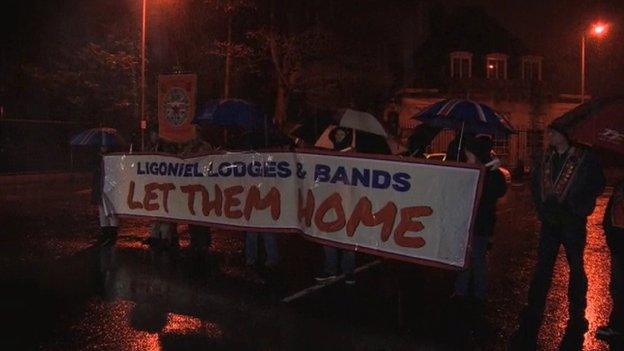
On Thursday evening, a small group of loyalist protestors gathered at one of the gates to the Stormont estate
She also said it was important to make progress on sensitive matters because it would become much more difficult to resolve them closer to a general election.
She said addressing budgetary issues was important in order to stop "increasing chaos".
Jeffrey Donaldson, DUP, said a lot depended on resolving financial questions.
"We are here to ensure that we get the best financial deal for Northern Ireland and we resolve outstanding issues," Mr Donaldson said.
The DUP MP said the alternative would be for the Stormont executive to "come crashing down" and for a return to direct rule with possible water charges and a lower standard of living.
He said that it could take longer than the next 24 hours to reach agreement but that the DUP were prepared to work into next week, if necessary.
On Thursday evening, a small group of loyalist protestors gathered at one of the gates to the Stormont estate.
They unfurled banners in support of Orangemen in north Belfast who have been prevented from completing the return leg of their march on the Twelfth of July past the Ardoyne shops.
- Published9 December 2014
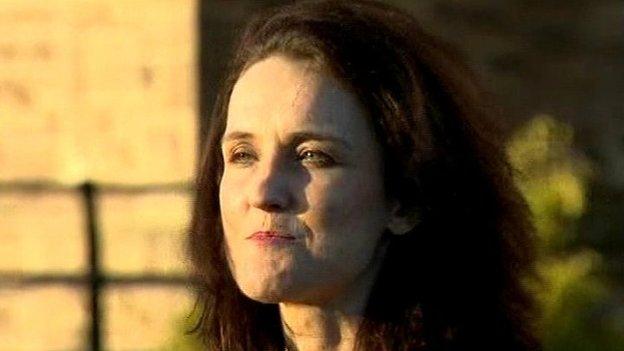
- Published7 December 2014
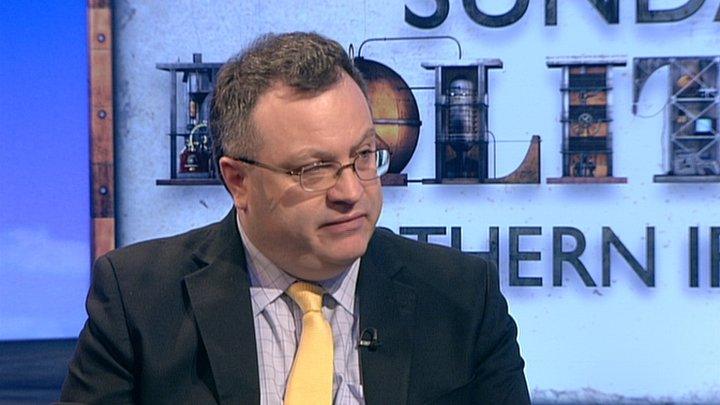
- Published7 December 2014
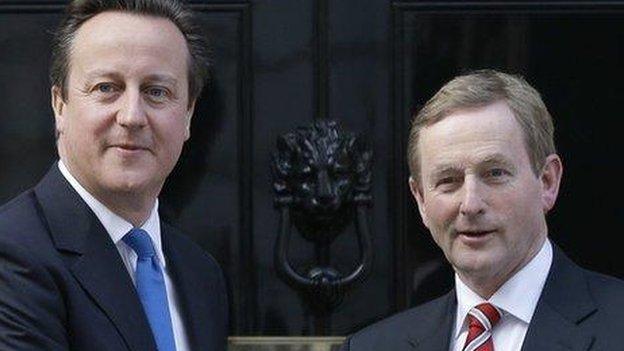
- Published6 December 2014
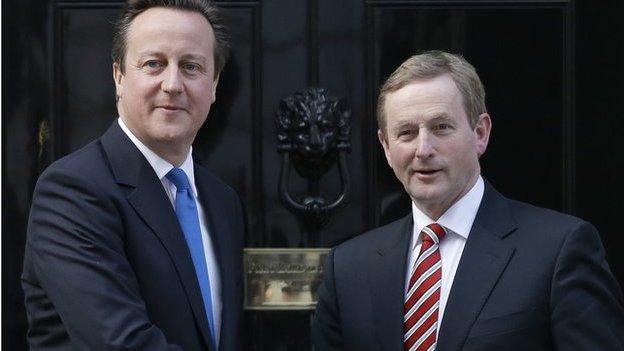
- Published4 December 2014
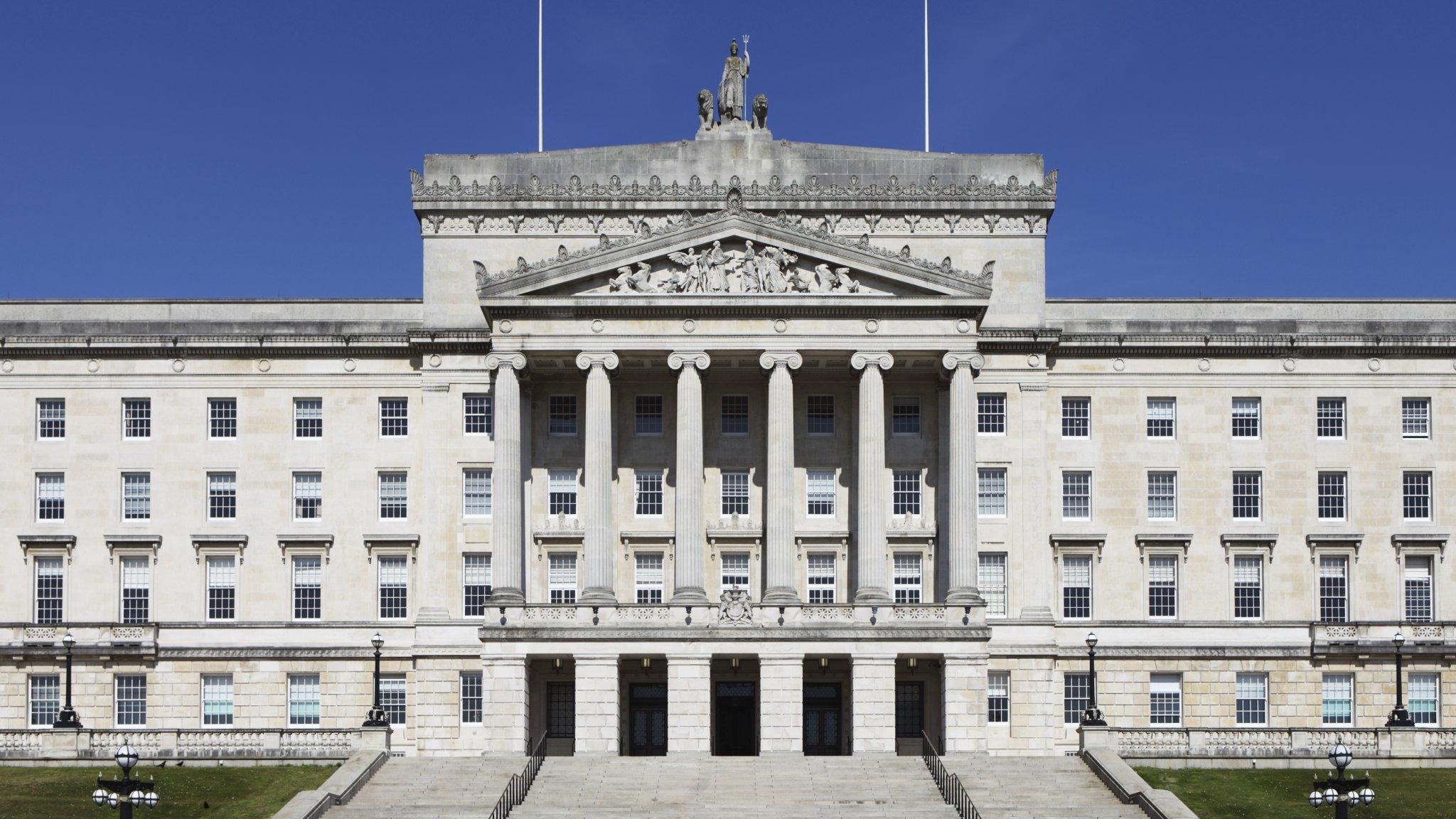
- Published3 December 2014
- Published12 December 2014
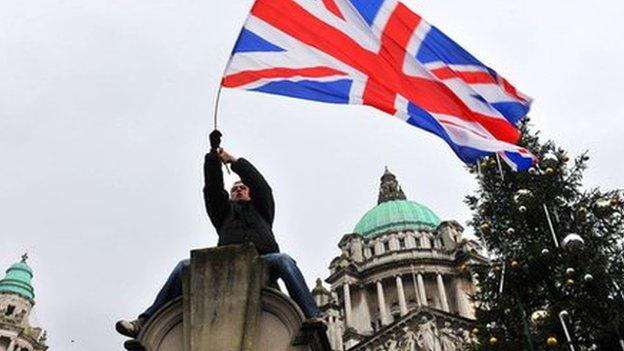
- Published31 December 2013
